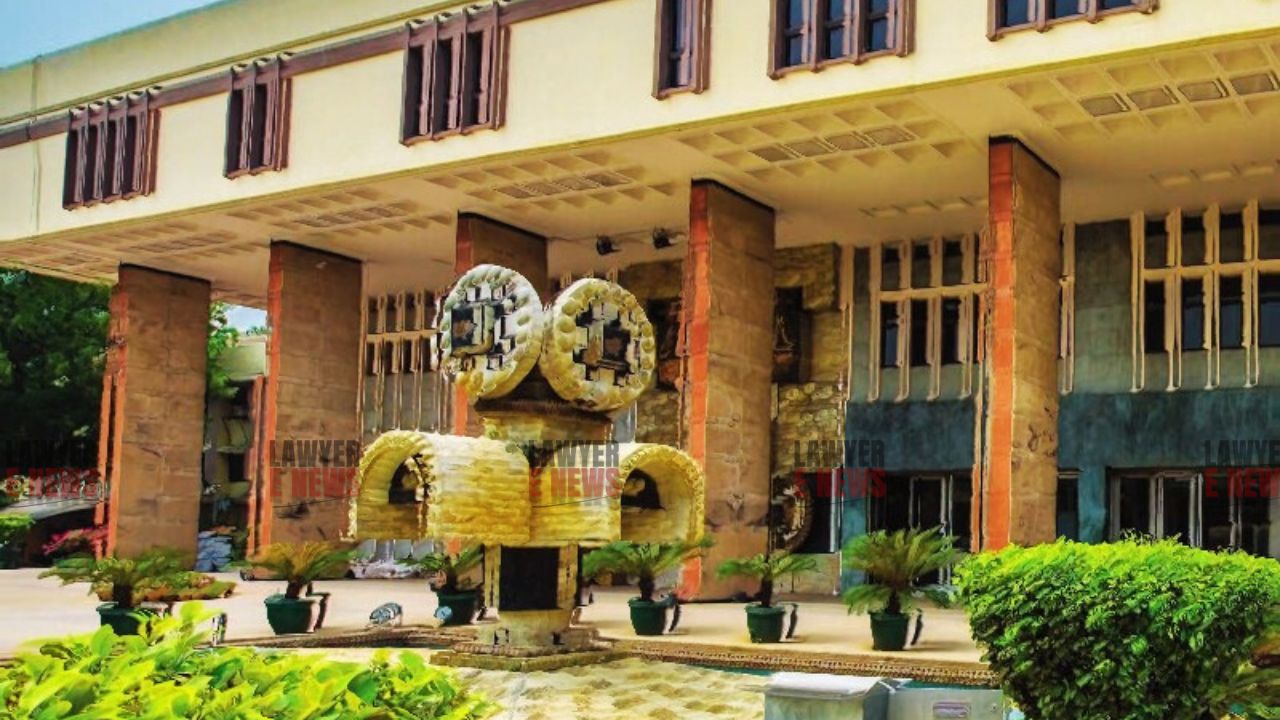-
by sayum
14 February 2026 2:22 PM



In a significant decision Delhi High Court (Bench of Justices Yashwant Varma and Ravinder Dudeja) dismissed preliminary objections to the maintainability of direct appeals filed under Section 81 of the Delhi Value Added Tax Act, 2004 (DVAT Act) without reference to the Appellate Tribunal. The case, Calcom Electronics Ltd. vs. Commissioner VAT, involved questions of whether appeals for pre-2005 tax periods under the repealed Delhi Sales Tax Act, 1975 (DST Act) required adherence to the DST Act’s procedural requirements.
The petitioner, Calcom Electronics Ltd., filed direct appeals in the High Court challenging decisions under the DVAT framework, even though the tax periods in question were prior to April 1, 2005, when the DST Act was repealed and replaced by the DVAT Act. The respondents objected, arguing that appeals for pre-2005 periods should follow the DST Act's Section 45, which required a Tribunal reference, instead of the DVAT Act's Section 81, which permits direct appeals to the High Court on substantial questions of law.
The High Court held that Section 106(4) of the DVAT Act, which preserves rights and liabilities from the DST Act, does not require procedural adherence to the repealed act’s appellate process.
"Section 106(4) cannot be construed as imposing DST procedural requirements on appeals filed post-repeal," the court stated, affirming that the DVAT Act’s appeal procedures govern post-2005 appeals, even for pre-2005 tax periods [Para 19].
The court distinguished between substantive rights and procedural mechanisms. While Section 106 saves substantive rights and liabilities, it does not extend to procedural aspects like the appeal pathway.
"Obligation to petition the Tribunal for a statement of case was merely procedural, not a vested right," the judgment noted, highlighting that procedural rules can be modified by new legislation without affecting substantive rights [Para 26].
The Court interpreted Section 106 as intended to preserve existing rights and liabilities, but not as requiring continued adherence to DST procedures. Section 81 of the DVAT Act, which allows direct appeals on substantial legal questions, was thus applicable.
"Section 81 merely changes the procedure for filing appeals, without altering the underlying right of appeal," the court explained, reinforcing that procedural continuity is not mandated by savings clauses unless explicitly stated [Para 20-27].
The High Court rejected the respondents' preliminary objection, ruling that direct appeals under Section 81 of the DVAT Act are maintainable for pre-2005 tax periods without requiring Tribunal reference. The decision underscores that procedural changes in appeal routes under new legislation do not affect substantive rights preserved by savings clauses.
Date of Decision: November 6, 2024
Calcom Electronics Ltd. vs. Commissioner VAT
